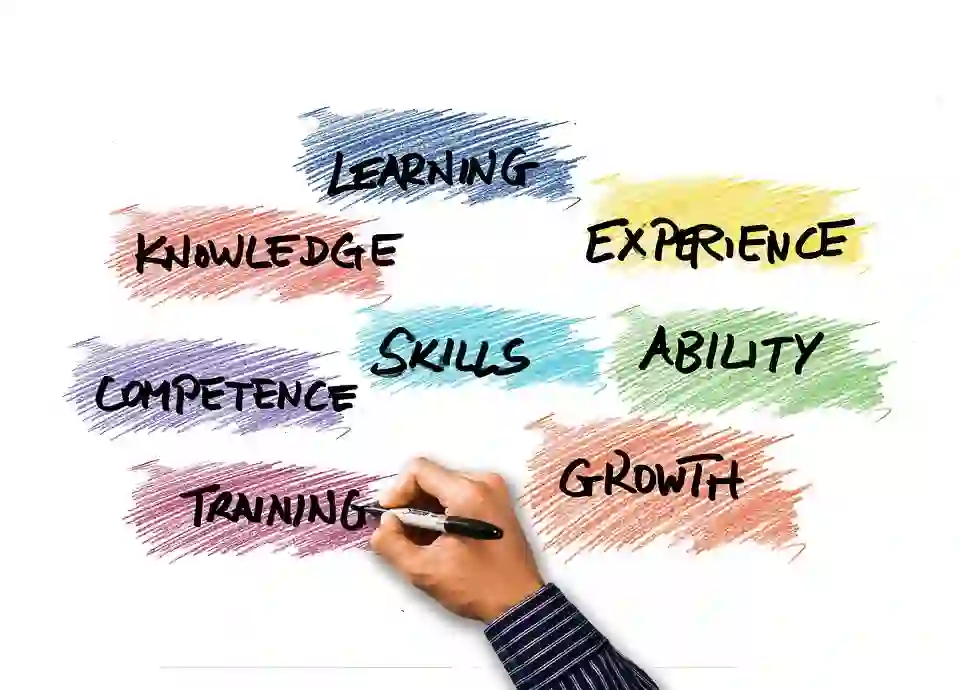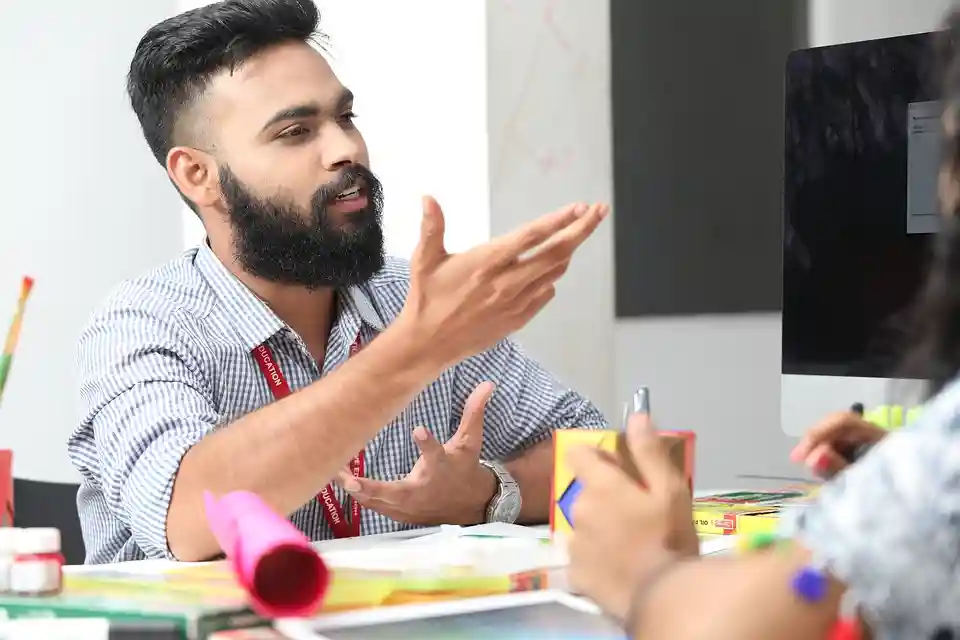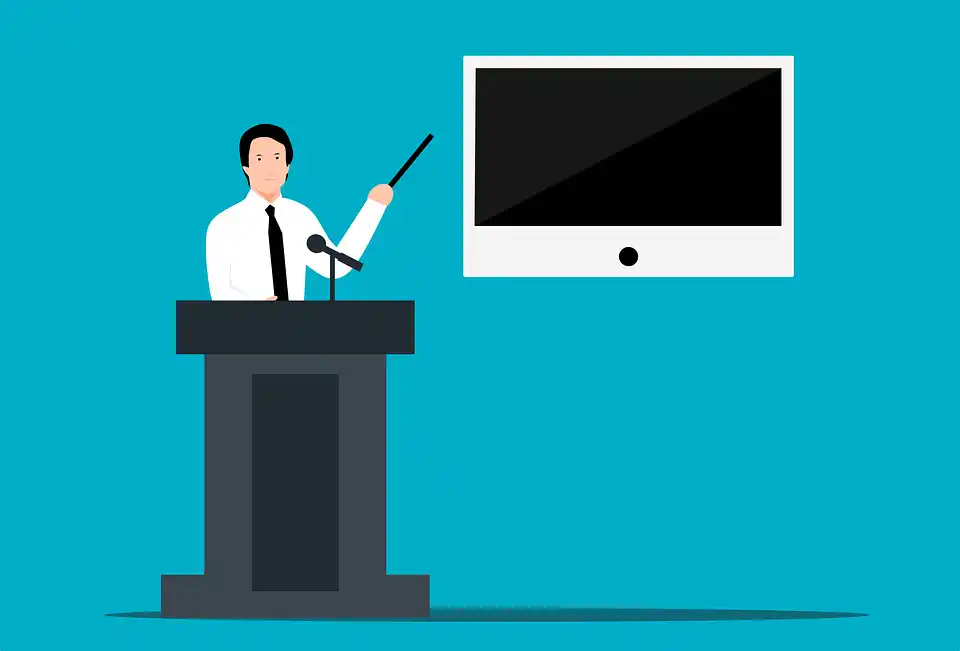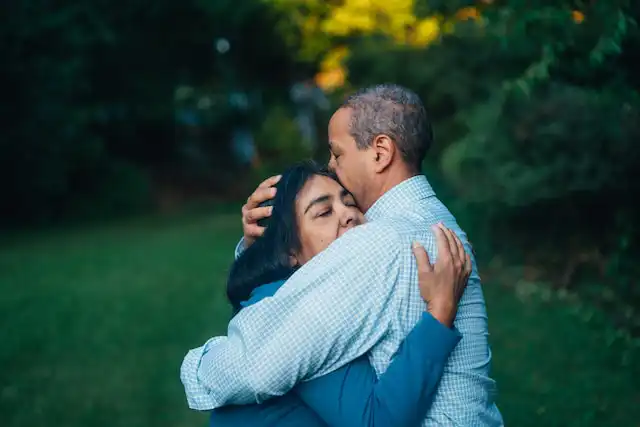Learning a new skill can be an exciting and challenging experience. Whether it’s playing a musical instrument, learning a new language, or mastering a new sport, there are a few strategies you can use to accelerate your learning and achieve proficiency in a shorter period of time. In this article, you will learn 10 helpful tips to quickly acquire new skills with these effective techniques.
- Set clear goals
- Break down the skill into smaller parts
- Find a mentor or coach
- Practice regularly
- Focus on quality over quantity
- Use visualization techniques
- Get feedback
- Learn from mistakes
- Use deliberate practice
- Stay motivated
1. Set clear goals
- The first step to learning any skill is to set clear goals. This will help you focus your efforts and stay motivated throughout the learning process. When setting goals, be specific and realistic. For example, if you want to learn how to play the guitar, your goal might be to play a specific song within a month. Having clear goals will help you track your progress and make adjustments as needed.
2. Break down the skill into smaller parts
- Breaking down the skill into smaller parts can make the learning process more manageable. For example, if you want to learn how to play tennis, you might break down the skill into specific techniques such as the forehand, backhand, and serve. By focusing on these smaller parts, you can build your skills and confidence before tackling the entire skill.
3. Find a mentor or coach
- Having a mentor or coach can be invaluable when learning a new skill. A mentor or coach can provide guidance, feedback, and support as you learn. They can also help you identify areas for improvement and suggest strategies to overcome challenges. If you can’t find a mentor or coach in person, consider finding online resources such as tutorials or forums where you can connect with experienced practitioners.
4. Practice regularly
- Regular practice is essential to learning any new skill. By practicing consistently, you can build muscle memory and develop your skills more quickly. Try to set aside a specific time each day or week for practice, and stick to it as much as possible. Even if you only have a few minutes a day to practice, consistency is key.
5. Focus on quality over quantity
- When practicing, focus on quality over quantity. It’s better to practice a technique correctly a few times than to practice it poorly many times. By focusing on quality, you can avoid developing bad habits that may be difficult to correct later on.
6. Use visualization techniques
- Visualization techniques can be a powerful tool for learning new skills. By imagining yourself performing the skill successfully, you can strengthen the neural pathways in your brain that are involved in the skill. This can help you develop your skills more quickly and effectively. Try to visualize yourself performing the skill in as much detail as possible, including the physical sensations and emotions involved.
7. Get feedback
- Feedback is essential for improving your skills. Seek feedback from others who are more experienced than you, such as your mentor or coach, or from peers who are also learning the skill. Listen to their feedback carefully and use it to make adjustments to your practice.
8. Learn from mistakes
- Mistakes are a natural part of the learning process. Rather than getting discouraged by them, use them as opportunities for growth and learning. When you make a mistake, analyze what went wrong and think about how you can improve for next time.
9. Use deliberate practice
- Deliberate practice is a specific type of practice that focuses on improving specific skills or aspects of a skill. It involves breaking down the skill into smaller parts, setting specific goals, and practicing with a high level of focus and intention. By using deliberate practice, you can accelerate your learning and make faster progress.
10. Stay motivated
- Finally, staying motivated is key to learning any new skill. Find ways to keep yourself motivated, such as setting rewards for achieving specific milestones or finding a community of others who are also learning the skill. Remember why you wanted to learn the skill in the first place and keep that motivation at the forefront of your mind.
In conclusion, by following these strategies, you can quickly learn any skill and achieve proficiency in a shorter period of time. Set clear goals, break down the skill into smaller parts, find a mentor or coach, practice regularly, focus on quality over quantity, use visualization techniques, get feedback, learn from mistakes, use deliberate practice, and stay motivated. With dedication and hard work, you can acquire new skills and expand your horizons in a variety of areas.
Read About Learning how successful people think
Read more about this topic: 17 Ways To Learn New Skills Faster and Enjoy the Process















